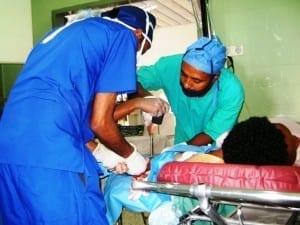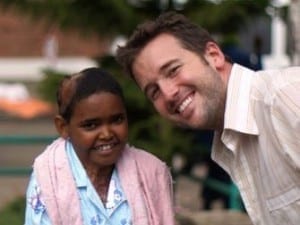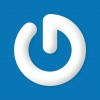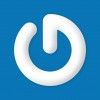
I found Ethiopians to be a kind and generous group with an amazing sense of pride in their culture and heritage. The nation claims to be the birthplace of coffee, and the people have traditional coffee ceremonies in their homes. When you are offered coffee, it is very rude to decline.
Although Ethiopia is considered one of the most progressive African countries in medical care, standards are not congruent with what is found in an American operating room. With frequent power outages and the overall lack of resources, it was a real exercise in creativity. We had to learn to do the very best with what was available.
The nurses taught me nearly 50 alternative uses for IV tubing. Truly amazing! Power outages often left us using cell phones as light sources for the surgeons. There indeed is never a dull moment abroad.
Duringmy stay, Idevoted themajority ofmy effortsteaching Ethiopiannurseanesthetiststo perform regional nerve blockades.More commonly knownas a nerve block, this techniqueinvolves local anesthetic injectedaround nerves for the temporarycontrol of pain. Used in the U.S.extensively for years, this was anovel technique for the studentsand represented a large step forwardin anesthetic management.
Due to limited operating room availability, many simple procedures were not being completed. Introducing regional nerve blocks meant the patient no longer needed to undergo general anesthesia. This allowed the surgeon to perform the surgery without a formal operating room. We started completing the procedures in the hallways and making procedure rooms out of what were once closets.

After completing my month-long stay in Ethiopia, I returned to the U.S. with a renewed sense of professional commitment and appreciation for the tremendous opportunities available to help those less fortunate. I have lived a very lucky life. I was born into an amazing family in the right geographical location and time. I have had opportunities that are absolutely uncommon to those outside the developed world. One way to show this appreciation is through giving back, and strangely the rewards are far greater than you give. That’s why I encourage others to also share whatever training, resources or time they can for causes both foreign and domestic. I hope the inspirational nature of my journey will compel others to find a cause they feel strongly about and do their best to improve the lives of others.
Karl Disque, D.O.’07, R.Ph., became interested in international medicine after the January 2010 earthquake devastated Haiti. A senior anesthesia resident at Rush University Medical Center in Chicago, last year he spent 10 days in Port-Au-Prince, Haiti, as part of 20-member Rush medical team that treated up to 1,000 patients a day in hospitals, refugee camps and makeshift clinics. With one month left of his residency, he decided to again take his skills across the globe to help people desperately in need of more effective medical care. You can contact Disque at fritzdisque@gmail.com for additional information on volunteer opportunities or with questions about his experiences.

